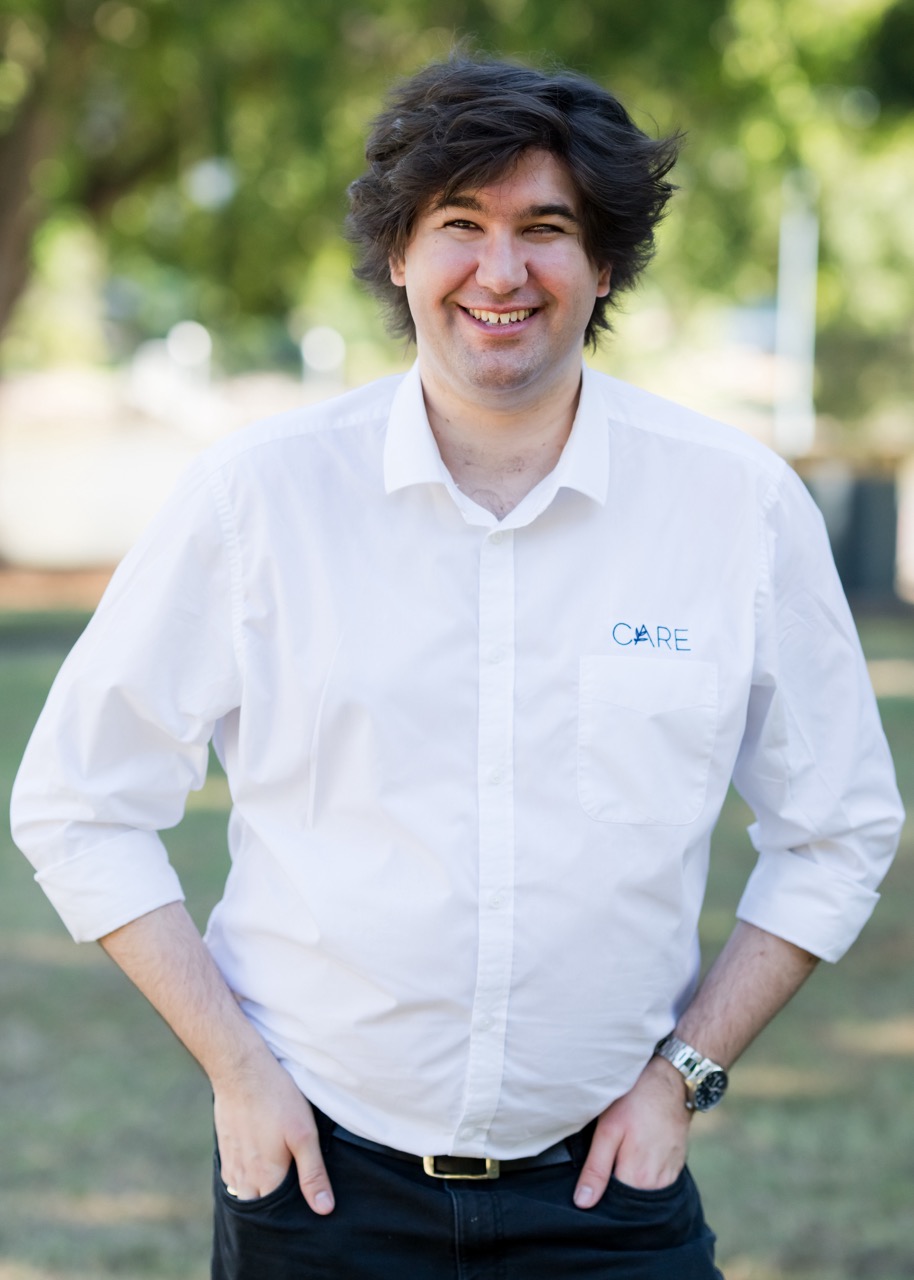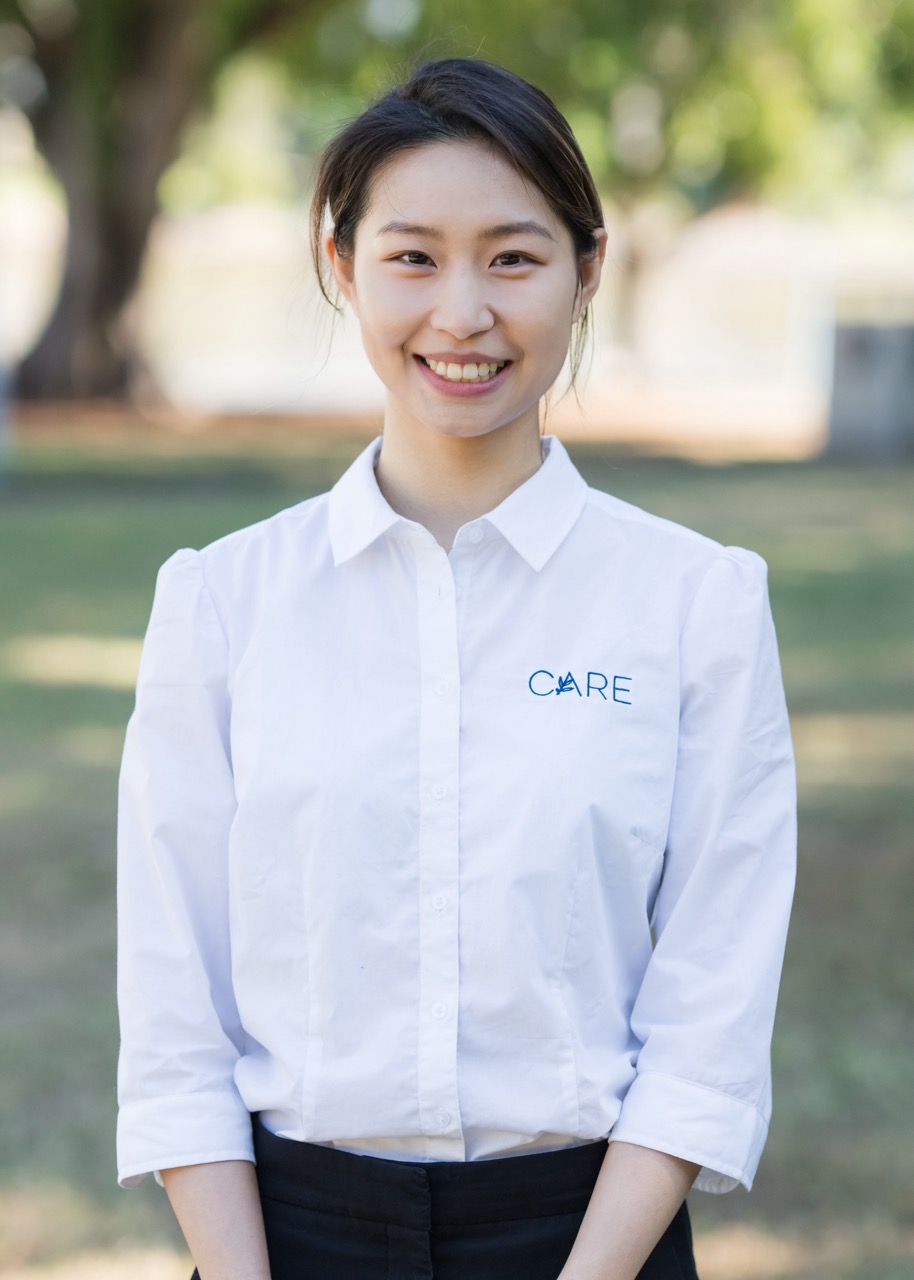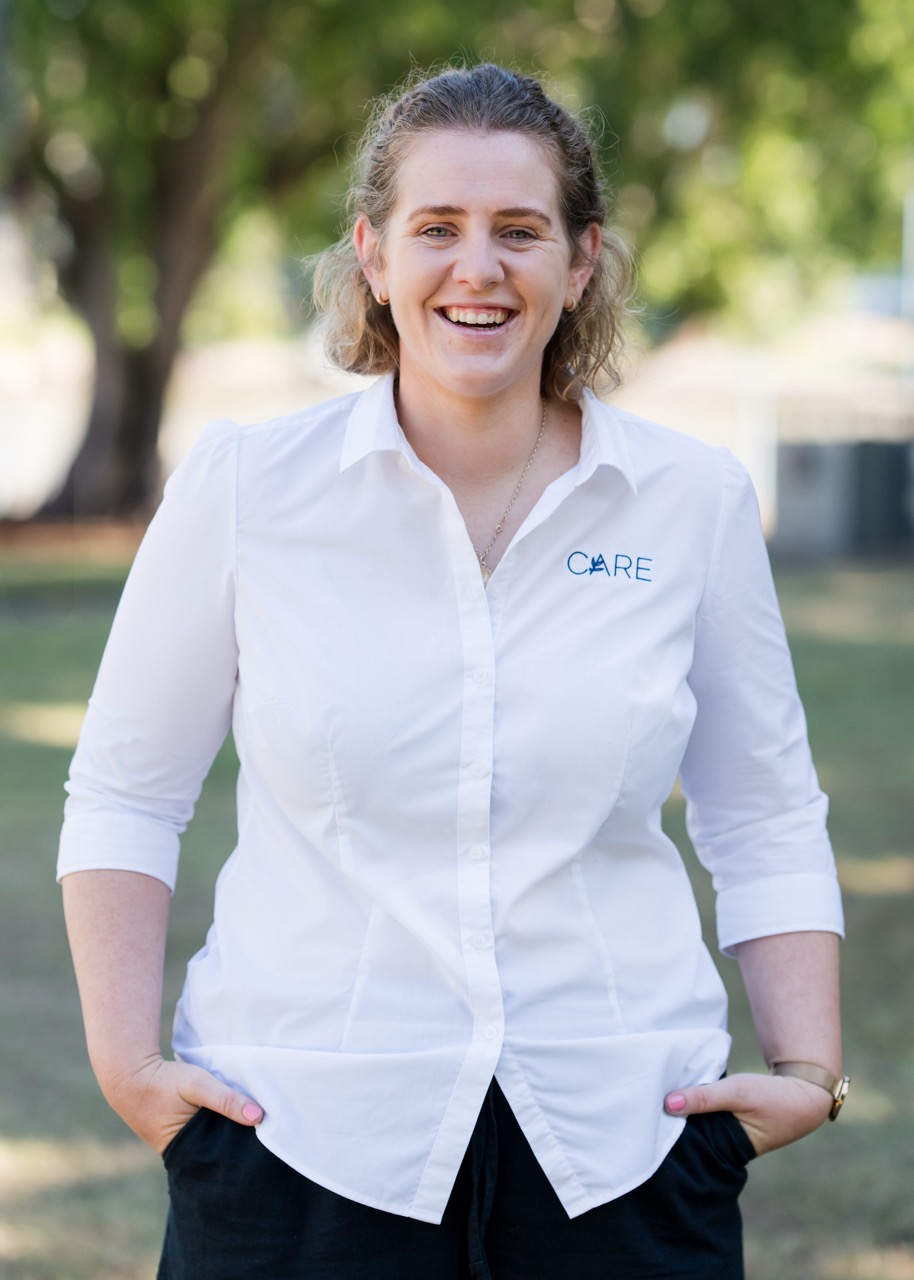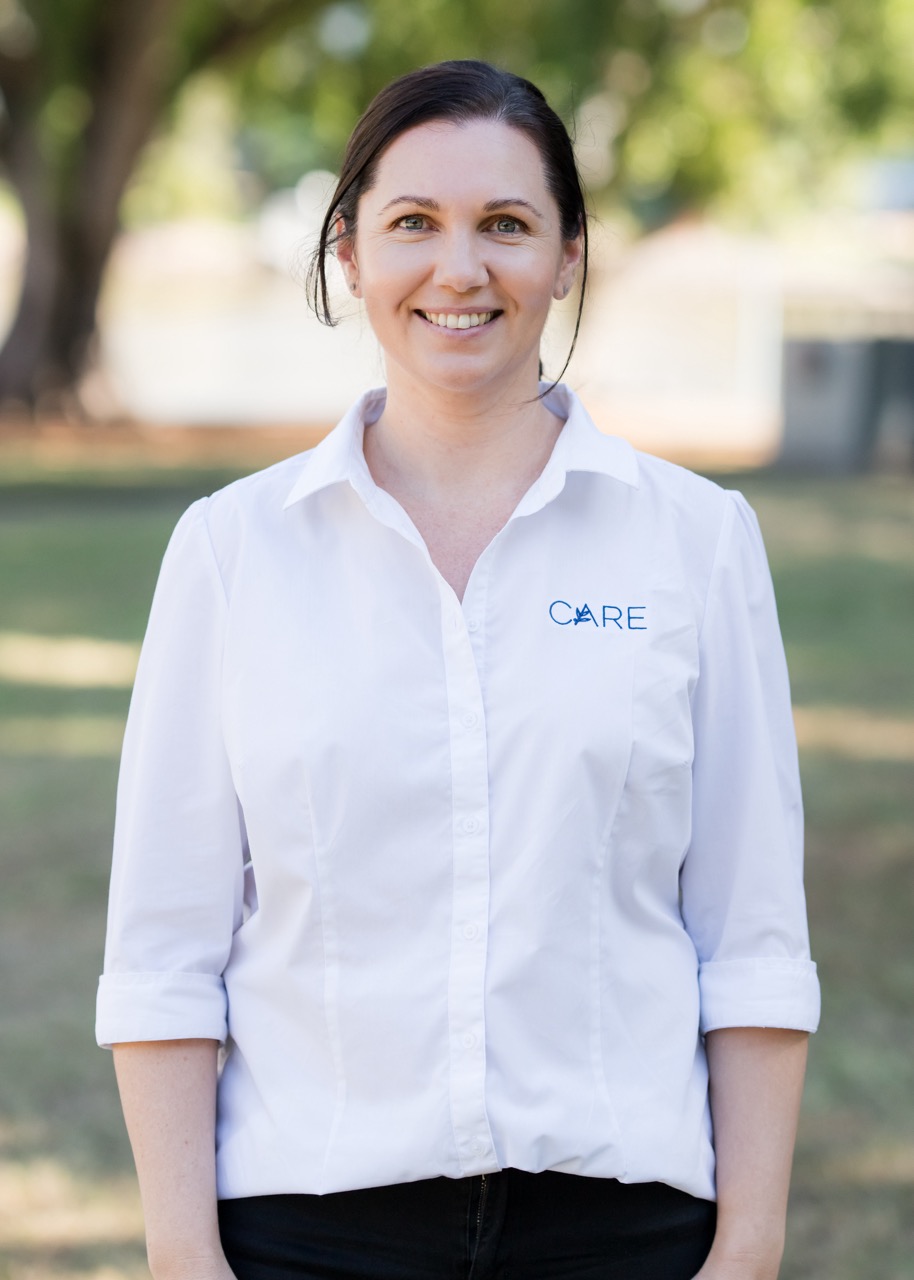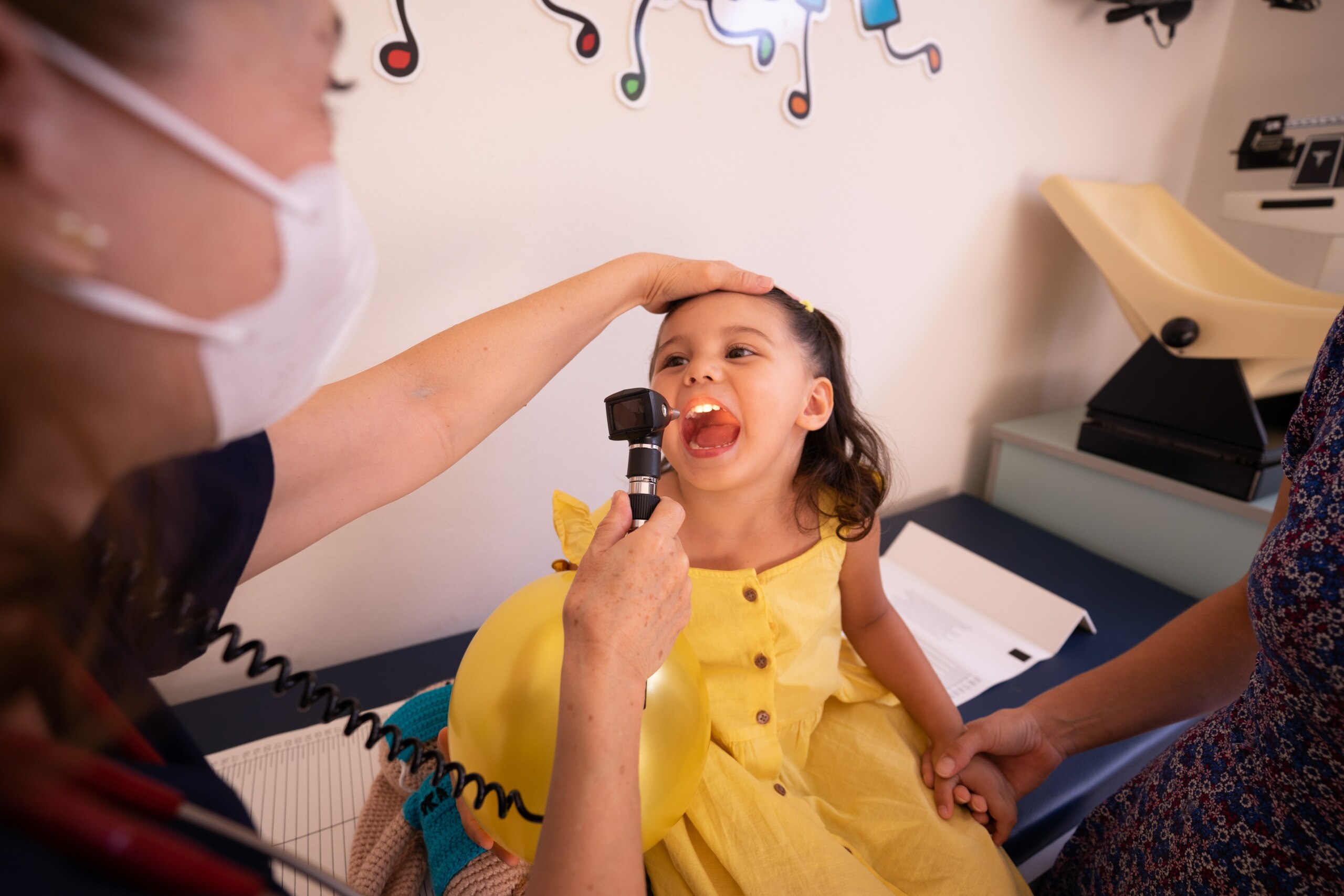Care Speech Pathology
Autism Spectrum Disorder (ASD)
It is estimated that 1 in 70 people in Australia are autistic. So if you or your child are autistic, or you are noticing some of the various characteristics of autism spectrum disorder (ASD), it is important to know that you are not alone.
The good news is, Speech Pathologists in Australia are specially trained to improve the speech, language and social communication of children and adults with ASD, by using evidence-based programs and neuro-divergent affirming intervention.


At Care Speech Pathology, we know how to help.
If your child is autistic, you have probably noticed some of these signs. These might include some or several of the following:
Speaking
Limited babbling or laughing as a baby
Repeating words or phrases over and over (called echolalia)
Delayed or absent speech development
Difficulty understanding non-literal language
Difficulty understanding or following instructions
A monotone voice
Interaction
Lack of facial expression
Limited use of communicative gestures (eg waving or pointing)
Playing alone or alongside others, rather than with them
Limited eye contact
Difficulty interpreting social cues and nonverbal communication
Taking things very literally or have difficulty understanding sarcasm
Difficulty initiating and maintaining conversations or relationships
Other
Skipping the stage of crawling
Learning to walk later than expected or walking on tip toes
Displaying repetitive movements (eg, hand flapping or rocking back and forth)
Seeking out more sensory stimulation (eg, fiddling or putting objects in mouth)
Rigidity in routines or resistance to change
Difficulty with planning, organising and completing tasks
Overwhelm when changing activities
Difficulty waiting their turn
Difficulty processing challenging emotions (eg, difficulty losing or responding to change)
'Meltdowns’ or ‘Shutdowns’ (eg, crying, screaming, hitting, throwing, etc)
Different sensory sensitivity (eg, becoming overwhelmed by light or sound)
Exceptional attention to detail or intense concentration on specific interests
Sharp memory and ability to recall information
It's important to note that ASD is a spectrum disorder, meaning that its presentation can vary widely from person to person.

What is Autism Spectrum Disorder (ASD)?
ASD is a lifelong developmental disorder characterised by differences in communication, social skills and behaviour. It is a spectrum disorder which means that its presentation can vary widely from person to person. Therefore, experiences and support needs are also diverse. Some individuals may require ongoing specialised support while others will lead relatively typical lives.
As speech pathologists, we know that autistic people often face communication challenges, such as understanding language, comprehending verbal and nonverbal cues and learning how to communicate appropriately in different social contexts. They may also encounter difficulties in expressing themselves. Some individuals are nonverbal (unable to use spoken language). These communication difficulties can impact social connections and the person’s ability to share their wants, thoughts and needs. Difficulty regulating emotions may also have impacts on social relationships.
How can we help People with Autism Spectrum Disorder (ASD)?
At Care Speech Pathology, our therapists play a crucial role in assessment and intervention for language, speech and social skills relating to ASD. We can even implement alternative forms of communication (other than speaking) when it is needed.
Speech Pathologists will not diagnose ASD, if your child does not have a diagnosis yet and they have various characteristics of ASD, a speech pathologist will likely refer you to a paediatrician. Language and social skills assessments will usually be required and that is where we are involved with the diagnostic process.
Step
We will start by completing comprehensive assessments to determine your child’s strengths and areas for development. These will vary depending on the severity of their difficulties and how it is impacting their ability to communicate. This process may include standardised tests, informal assessments and observations of their communication skills (eg, expressive and receptive language, speech and social skills) in different contexts.
Step
We can then plan individualised intervention based on your child’s specific strengths and needs. Treatment will use various strategies to address communication challenges and enhance language and social skills. Intervention will generally be long-term with skills developed gradually over time. Importantly, each session will be specially catered to your child’s attention, abilities and interests. We can also provide education and support strategies to you and your child’s teachers or carers.
Step
We will continually re-evaluate your child’s communication and assess if there is anything else we can be doing to support them. For example, it might be suitable for your child to use other means of communication to support them in expressing themselves (e.g., a communication book or a communication app), either long-term or just temporarily while their speech and language develops. We always make sure that our therapy grows with the child, and that they are continually challenged to reach new heights.
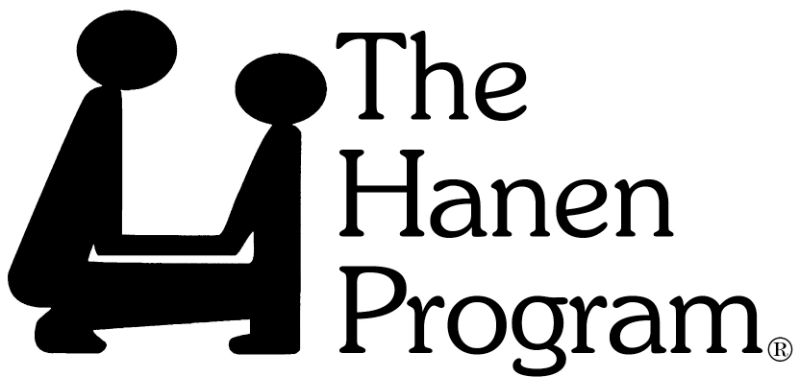
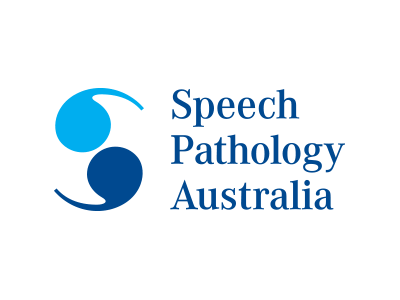
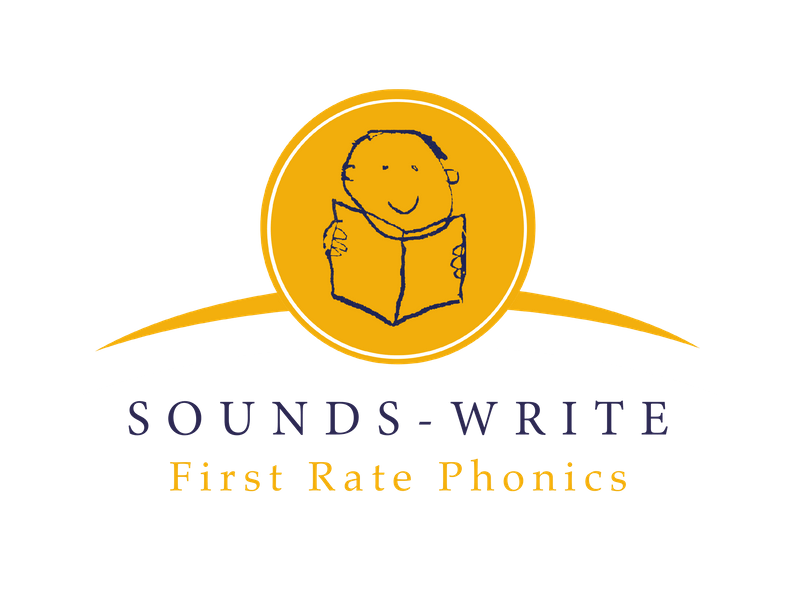



Meet Our Team
Nurturing Your Potential
Get to know our friendly and professional team of Speech Pathologists.
Book an appointment
Contact the Care Speech Team Today. Call 1300 086 280 or Leave Your Details Below.
We're super responsive
Subscribe
Subscribe to our emails for the latest articles and service information









